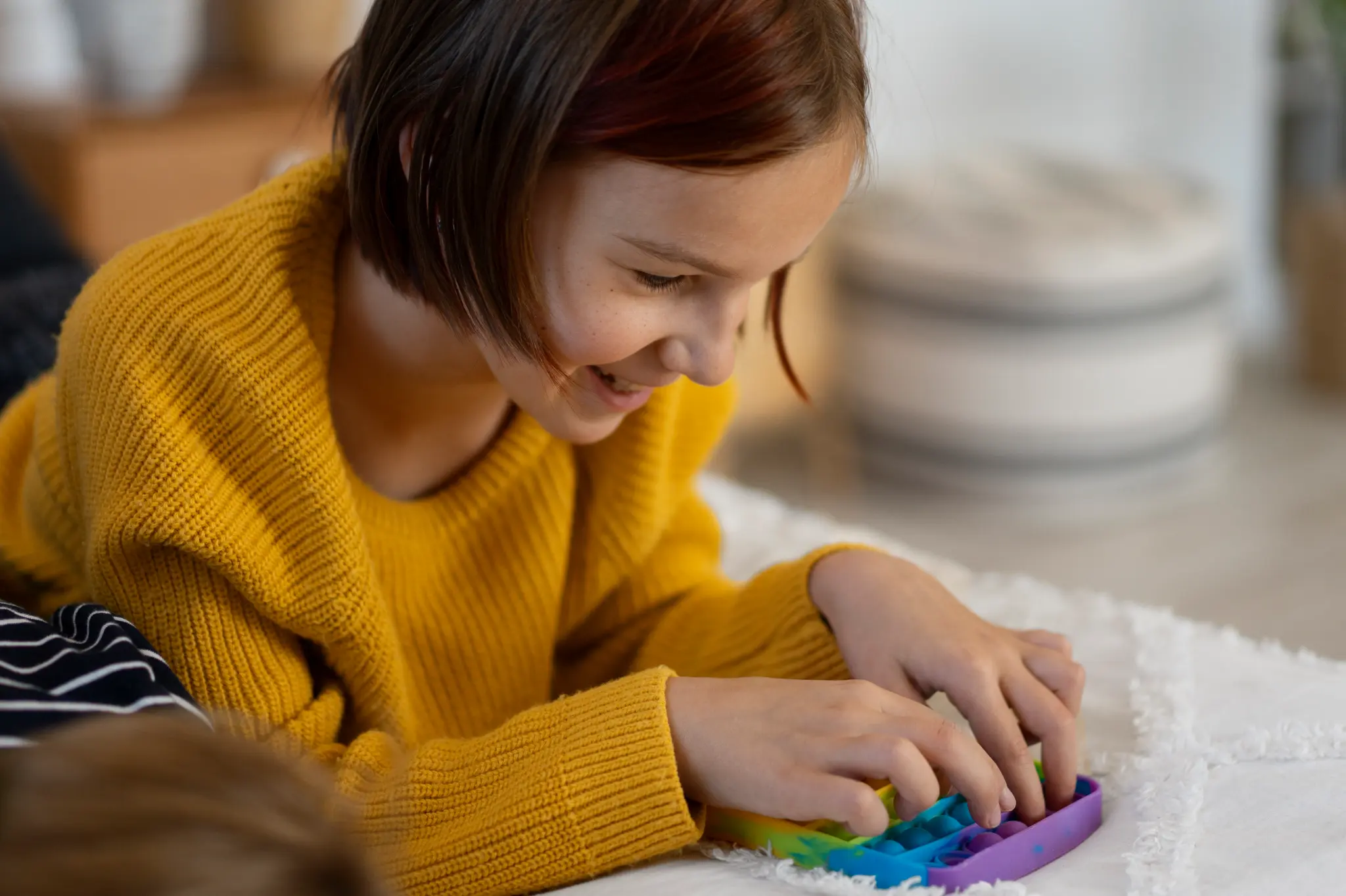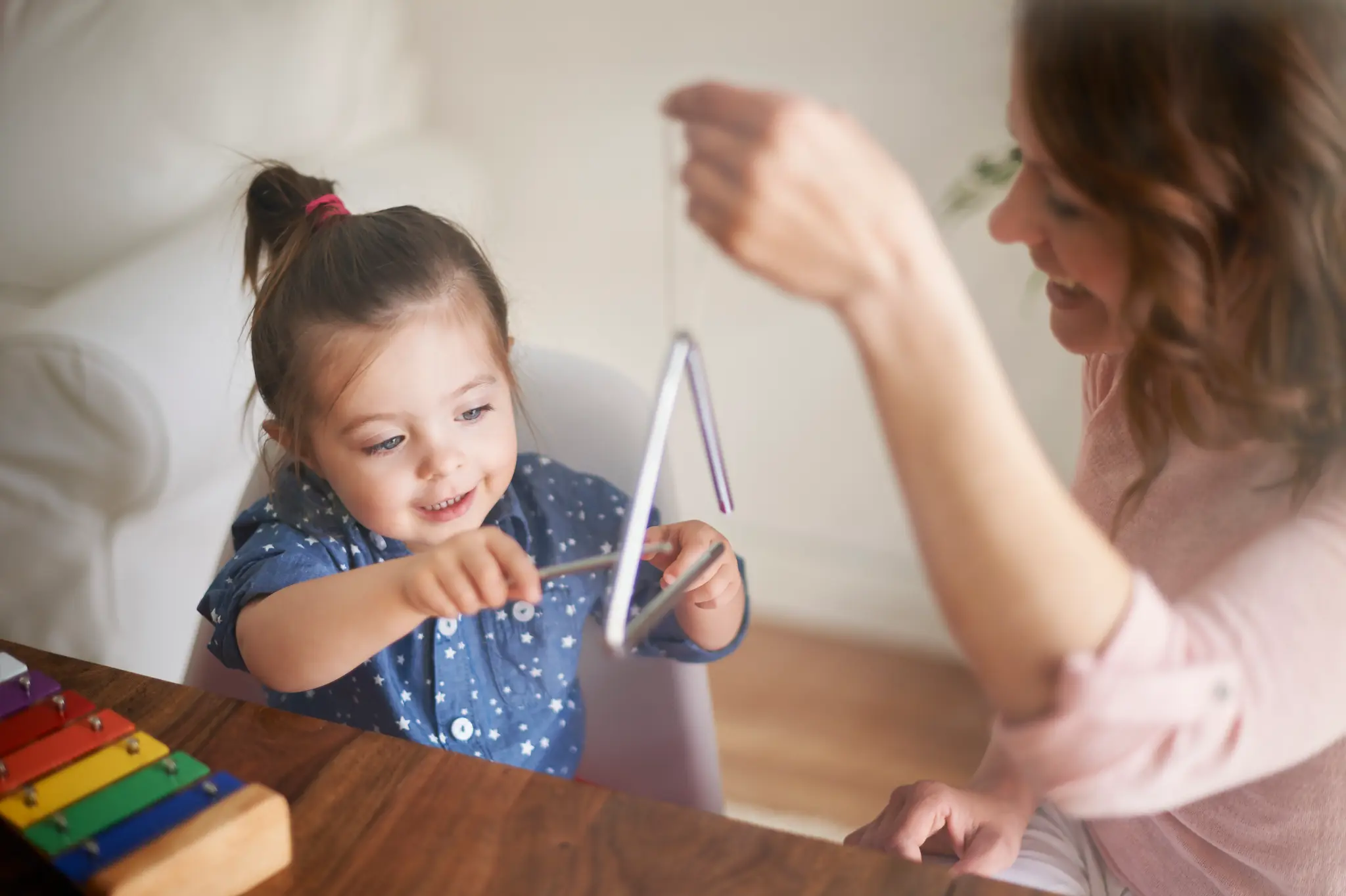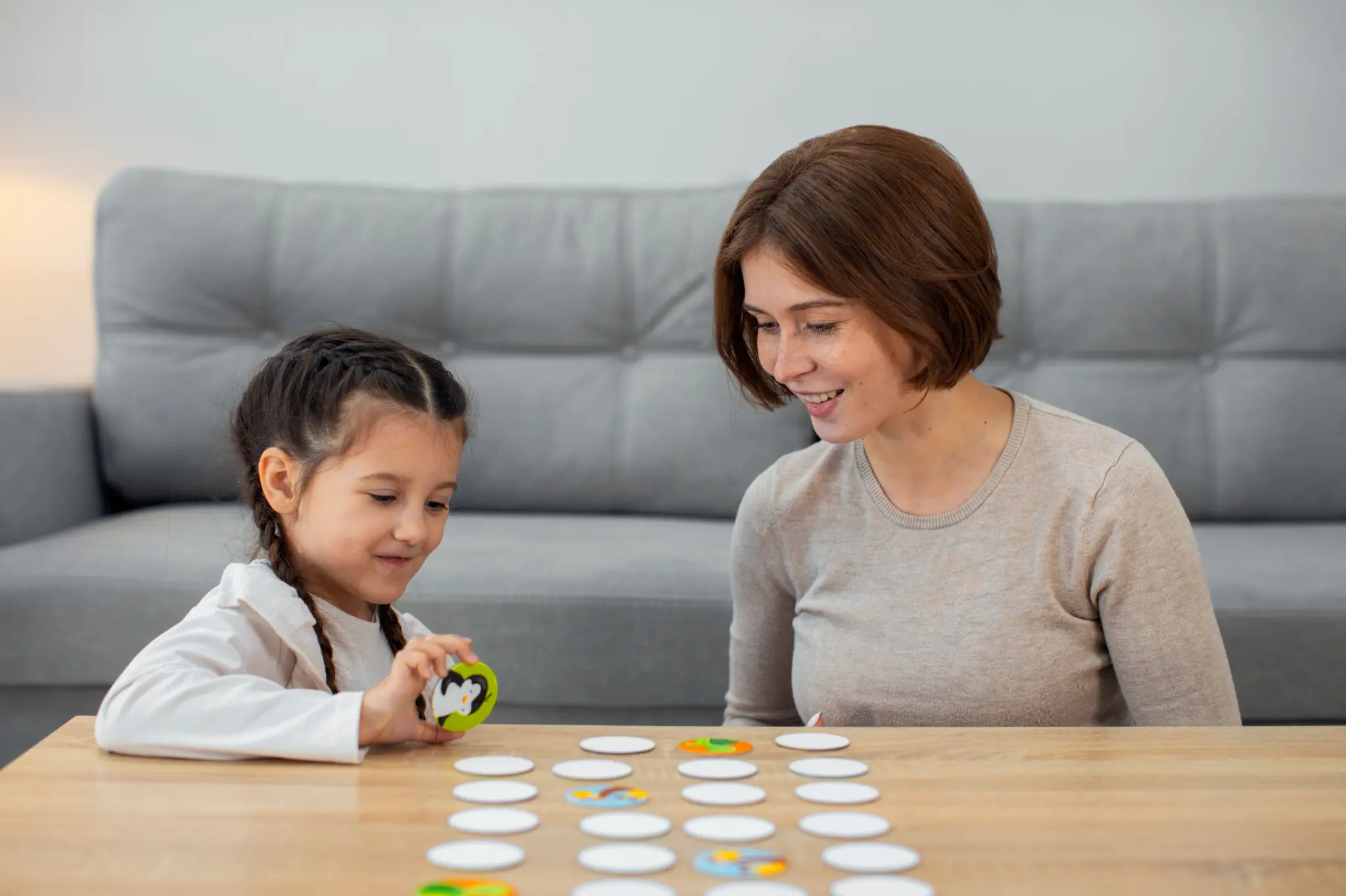Tips for Traveling with Autistic Children
.jpg)
Planning a family trip is exciting, but when you have a child with autism spectrum disorder (ASD), travel might require extra preparation. Whether you're heading out for a weekend road trip or a long-distance flight, a little planning can make all the difference in creating a smooth and enjoyable experience for everyone.
For many children with autism, adjusting to new routines, environments, and social expectations can be challenging. Children with autism may also experience sensory overload, communication difficulties, or anxiety during transitions, which can make travel feel overwhelming. However, with thoughtful planning, a flexible attitude, and some creativity, you can create a trip that is fun and meaningful for the whole family.
Here are some tips to set your family up for success:
Have a clear travel plan
Sometimes, the best way to prepare for travel is to think about the end goal first and work your way backward. Your goal might be for your child to practice flexibility in a new environment or for the trip to go smoothly. To accomplish this, you’ll need to prepare ahead of time by introducing travel concepts early and creating a predictable schedule.
Consider these strategies when planning:
- Create a detailed itinerary that includes travel times, activities, meal breaks, and downtime. If possible, go over the plan together ahead of time, using pictures, maps, or a written schedule to show what will happen step by step.
- Giving your child choices while traveling makes a huge difference. Instead of saying, “We have to get on the plane now,” you can ask, “Do you want to jump before we go in?” or “Do you want to count to five first?” Simple choices like these can make overwhelming situations feel more manageable for a child on the spectrum.
- Use social stories and visual supports. Many airports and transportation hubs offer downloadable guides specifically designed for children with autism. These tools can help explain what to expect, from waiting in line at security to boarding a plane.
- Role-play common travel situations at home, such as walking through a security checkpoint, sitting in a car or plane for an extended period, and wearing a seatbelt for the whole ride.
- Schedule extra time before, during, and after travel. Adding a "buffer day" before and after your trip can give your child the time they need to adjust to changes in routine and recover from the demands of travel.
Secure autism-friendly accommodations ahead of time
You can reach out to airlines, hotels, and other travel providers in advance to request accommodations for your child. Many airlines offer options like early boarding, special meals, or sensory-friendly rooms upon request. Some airports even provide practice security walkthroughs or mock boarding experiences to help children feel more comfortable before the actual trip.
When booking your accommodations, consider requesting a quiet room away from high-traffic areas like elevators, pools, or lobbies. If you’re staying at a hotel or resort, you can also ask about sensory-friendly amenities like adjustable lighting options.
Pack your bags (and your child’s favorite comfort items!)
Traveling can be overwhelming, especially with the unfamiliar sounds and sights in airports and hotels. Bringing familiar comfort items can help your child feel grounded, even in a new environment.
Consider packing some of these sensory-friendly travel essentials:
- Noise-canceling headphones
- Fidget toys
- A comfortable blanket or lap pad
- Safe foods and snacks
- Visual supports
- Favorite stuffed animals
Maintain routines
Changes in routine can be stressful for autistic children, so keeping things as familiar as possible can help them feel more secure. Try to stick to your child’s regular schedule, including meal times, bedtime, and morning routines, even while traveling.
Bedtime and nap schedules are especially important. Travel can be exhausting, and sticking to regular sleep times can help prevent overtiredness and meltdowns. If staying in a hotel or a new environment, try to create a familiar bedtime setup. You can pack their favorite blanket, nightlight, or bedtime book to help them settle in more easily.
…but be flexible
While routines are important, flexibility is key. Unexpected situations, like flight delays or schedule changes, are bound to happen. Some challenges are worth working through, while others may be better to set aside temporarily for the sake of peace. Be prepared to adjust your plans and allow for breaks when needed.
And remember, it’s okay to modify the plan if something isn’t working. Maybe your child needs extra downtime, or an activity you planned turns out to be overwhelming. Adapting at the moment can prevent frustration and help everyone enjoy the trip.
For most young children, meltdowns aren’t always avoidable, and that’s okay. Instead of trying to prevent them completely, focus on having a plan for when they happen. Finding a quiet space or using calming strategies like deep breathing exercises can make it easier for your child to recover from sensory overload and get back to enjoying the day.
Tips for using ABA therapy techniques on the go
Travel is a great opportunity to practice applied behavior analysis (ABA) therapy goals in real-world settings. Bring along any apps or tools your child uses for therapy, and check in with your Board Certified Behavior Analyst (BCBA) before the trip. They might have helpful advice for staying on track!
Here are some ways you can incorporate some of your child’s goals into your trip:
- Practice waiting in lines at attractions
- Encourage choices when ordering food or picking activities
- Help your child advocate for themselves, such as asking for a break or waiting for a turn
- Model behaviors like wearing a seatbelt or using an elevator
Positive reinforcement can also make a big difference. Praise, stickers, or small toys can help encourage behaviors like sitting calmly or communicating needs.
You’re not traveling alone. ABC is here to help.
At the end of the day, the best vacations aren’t about packed schedules or checking off sightseeing spots. They’re about creating moments where your family feels relaxed and safe. While planning ahead is important, the most enjoyable trips happen when families give themselves permission to slow down, adjust as needed, and focus on what works best for them.
At Action Behavior Centers, we’re dedicated to helping families reach milestone moments at home or on the go. To learn more about our diagnostic support services and autism therapies or to schedule a tour, contact us today!
At Action Behavior Centers (ABC), we help children diagnosed with autism spectrum disorder (ASD) reach milestone moments. Compassionate care is at the heart of everything we do, and our highly trained clinicians deliver evidence-based applied behavior analysis (ABA) therapy tailored to each child’s unique needs.
Our autism services include diagnostic support, 1:1 individualized care, parent training, school readiness programs, and Early Intensive Behavioral Intervention (EIBI) across hundreds of centers in Arizona, Colorado, Illinois, Minnesota, North Carolina, and Texas. Because no family should have to wait for help, ABC offers immediate access to care. Contact us today to get started.
More posts on:

My Child Received an Autism Diagnosis. Now What?
Hearing that your child has been diagnosed with autism spectrum disorder (ASD) can bring a mix of emotions. Many parents feel relief at finally having answers, while also feeling overwhelmed, unsure, or anxious about what comes next. All of those reactions are normal.

Tips For Teaching Your Autistic Child At Home (+ Skill Tracker Download)
When families, teachers, and caregivers know what helps a child feel understood, comfortable, and confident, learning becomes more enjoyable and meaningful. The tips below offer simple, practical ways you can support growth at home, in the classroom, and in everyday routines.

9 Tips for Communicating with Children Diagnosed with Autism
Communication is one of the most important skills a child can learn. It helps them build relationships, express their needs, and connect with the world around them. For children diagnosed with autism spectrum disorder (ASD), communication may look different. Before exploring practical strategies, it helps to understand how autism can shape the way a child communicates.


